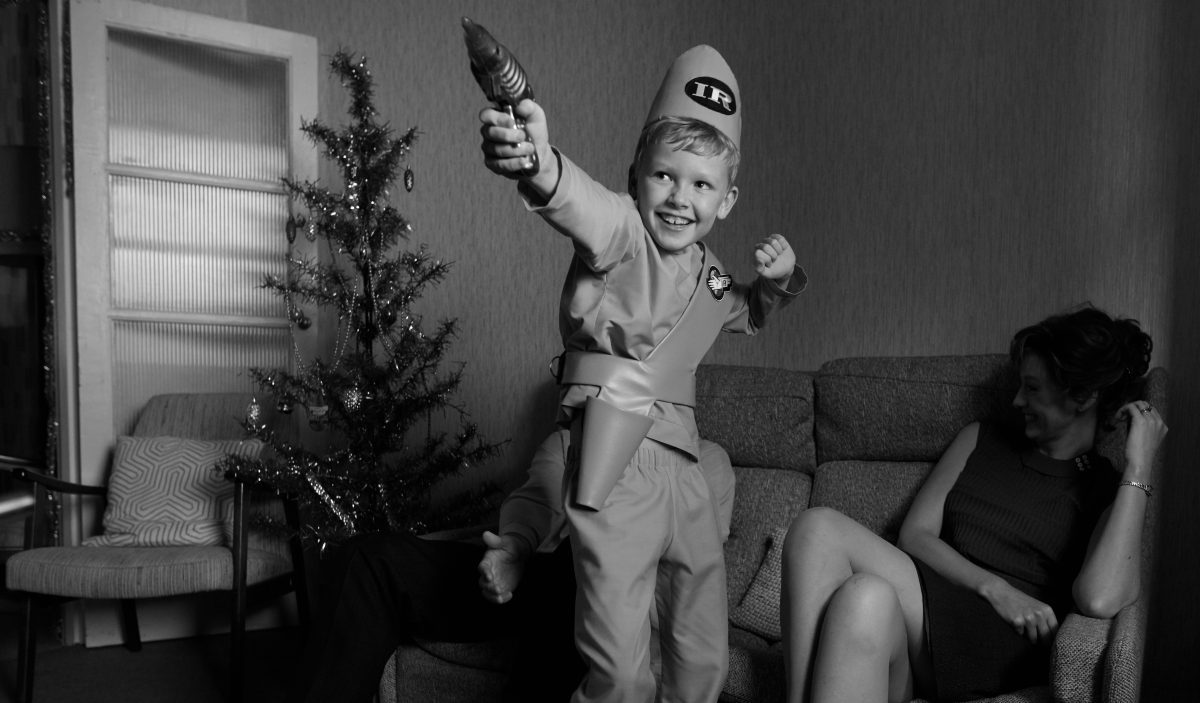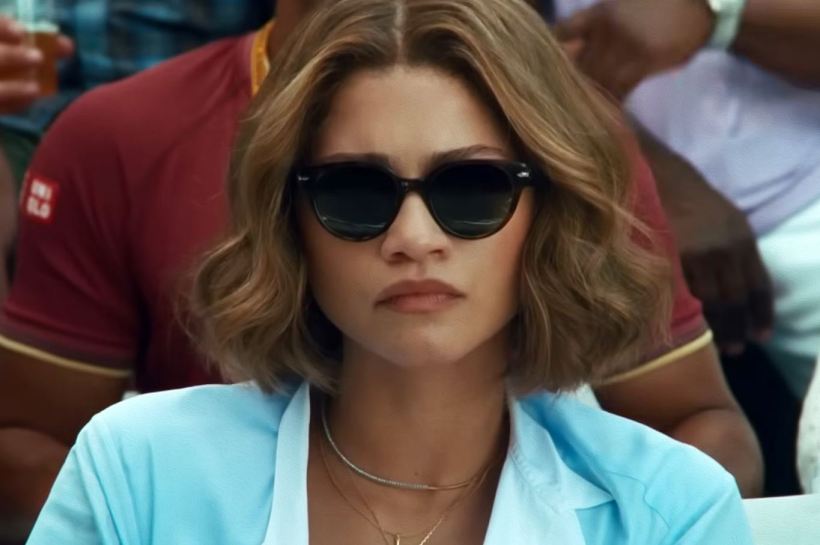Belfast gives off the scent of a life-long passion project made reality; one that the visionary behind this film had been waiting his entire life for the opportunity to create; to turn the pictures in his head into images on-screen. It’s not all that surprising that it’s taken this long for this film to get a green-light; with a plot synopsis summarised kindly as a “semi-autobiographical story about the socio-political conflict in 1960s Northern Ireland from the perspective of a child“, it doesn’t exactly attract audiences in the same way as your typical Marvel flick. These types of films are usually a dime a dozen as they typically explore complicated character dynamics, heavy-handed material, and rarely indicate a positive box office projection. That being said, there’s always the chance that the respective film can capture an audience enough to cause a word-of-mouth frenzy among the more daring audiences that don’t mind gambling their ticket admission on a (mostly) black and white film.
Writer-director Kenneth Branagh (most know him as Gilderoy Lockhart from the Harry Potter films) openly states that Belfast is his most personal film. And if personal films are anything to judge it’s that they always run the risk of placing too much emphasis on raw emotion over what narratively works in a film. I say this because there was a moment in the first 20 minutes of the film where I felt that perhaps Branagh had done this, had exaggerated his personal experiences or views and taken a firm stance on one side being good and one side being bad; in my haste I felt that he might oversimplify a very complicated subject matter. But Branagh shows great poise here, not opting to openly vilify one side as evil-doers and one side as good-doers. Instead, he does his black and white film its due-diligence and paints his story with a thousand shades of grey.
Though, regrettably I came into Belfast with very rudimentary knowledge about the inner turmoils of Ireland and Northern Ireland’s conflict, both historically and socially, a result of being in my secluded little island in New Zealand – so with that I had hoped I’d leave with a far greater understanding of the history of that conflict. Oh how I was wrong. Much to my surprise I left the film with even less context on this conflict, yes, I was even more confused. If this was indeed intentional by Branagh then I’m greatly underestimating this creative’s abilities. Branagh makes it very clear throughout Belfast that the conflict that Ireland and Northern Ireland went through is not only complicated, but downright nonsensical. And yes, while it’s clear that Branagh does not insert a purely impartial view on the conflict (nor is he entirely expected to), he does at the very least take sizeable strides to keep the greater conflict as white noise in the background and for good reason too.

Belfast is largely told through the perspective of a child’s eyes; a child named Buddy (Jude Hill), based partly on the childhood of writer-director Kenneth Branagh himself. With that we see everything through the lens of this child who has little understanding of Ireland’s wider conflict at hand; with Buddy’s primary concerns being his matchbox car collection, the films and television he escapes into on TV and in the cinemas, and the girl at the from of the class he has a crush on. The only meaningful takeaway one could extract from Branagh’s view of this conflict is that the film made a point of friend or foe being very blurry, even from the child’s perspective.
That being said, Belfast is so much of a personal singular narrative that at times it gets caught up in its own head; in something akin to a feedback loop. The story tends to meander in circles instead of moving forward with a sense of momentum, indulging in narratively unimportant characters that struggle to connect back thematically or narratively to the film’s core story. But those faults are minor in the grand context of this film as its characters and the performances that embody them soar magnificently. Most notably Caitriona Balfe who plays the mother of Buddy and Ciarán Hinds who plays the grandfather of Buddy.
On a visual level this film leaves one salivating at the mouth, with each frame aiming to out-do the next. The clean black and white tonal palette is elevated by being digitally shot, somehow, in this context, it just feels more appropriate than being shot on film reels. Cinematographer Haris Zambarloukos injects frames into this film that make you feel like he’s just showing off. Seriously, they’re that good. Alongside the firm visual tone this film has, the film’s score and soundtrack bring another layer of life into this narrative by singer-songwriter Van Morrison.
Belfast doesn’t reach that pinnacle level that makes you confident it’ll topple the other major Oscar contenders of the year, primarily because it does have its issues. But it tells a singular story, with heart, with passion, and with beautiful execution.
8.2/10












One thought on “Belfast – Review”